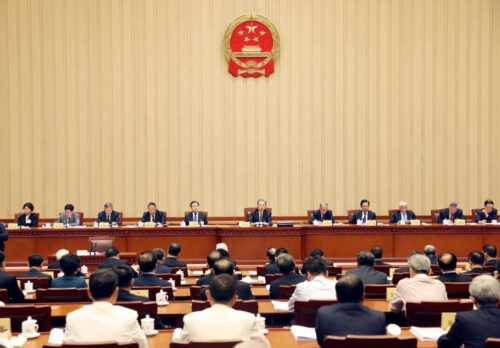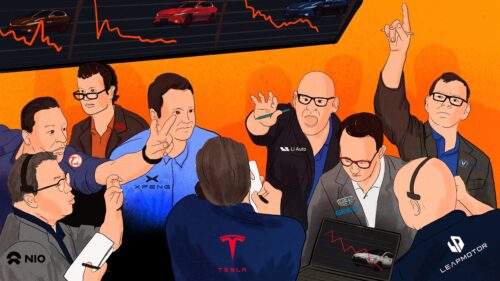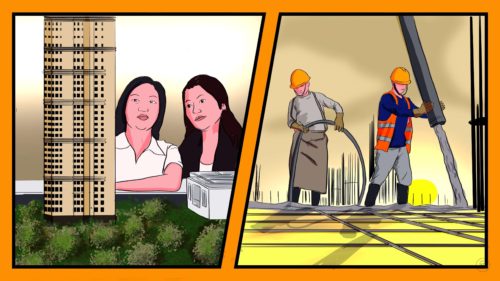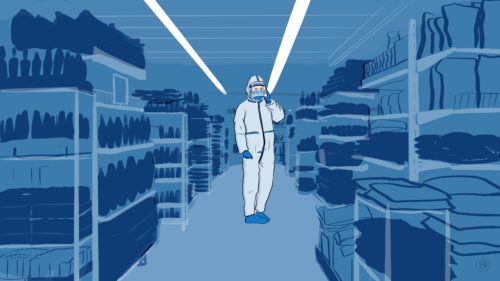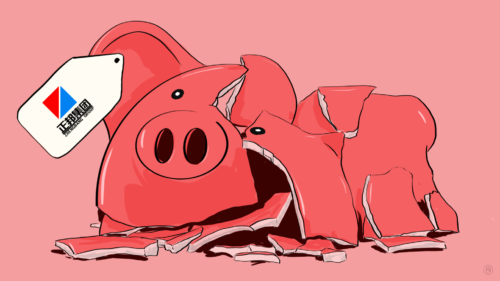Threat of deflation hangs over China
China’s economy slipped into deflation in July, with fears that falling prices may limit the scope for new stimulus measures. China may even be on the brink of a period of Japan-style extended stagnation.
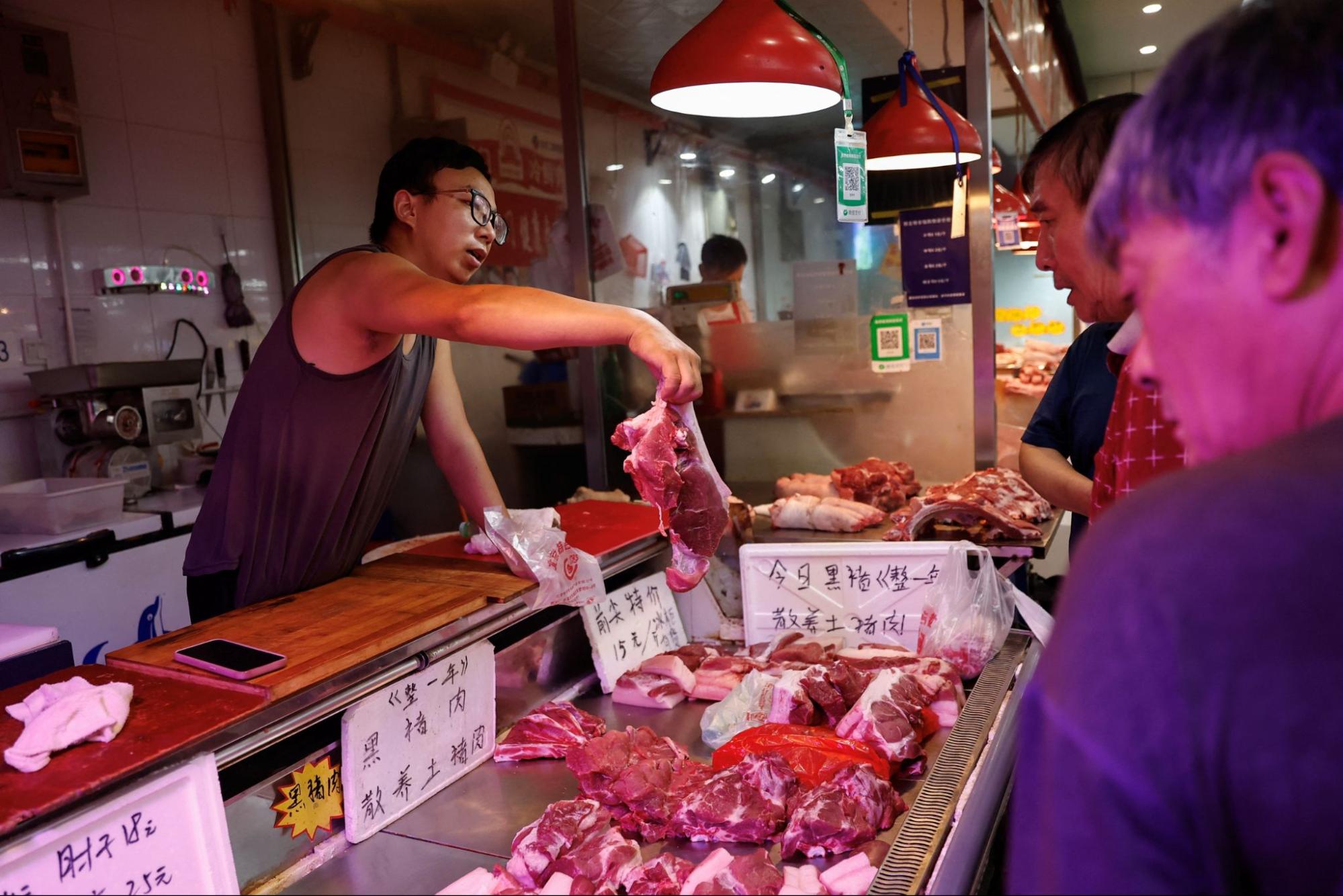
Yesterday, official statistics showed that China’s exports and foreign direct investment plunged last month. Today, China’s National Bureau of Statistics (NBS) reported that the Consumer Price Index in July fell 0.3% year-on-year, the first decline of the index since February 2021. The Producer Price Index fell by 4.4%, the 10th consecutive month of contraction.
July was the first month since November 2020 that both price indices contracted.
Pulled down by pork
China is now the first G20 country to report a year-on-year decline in consumer prices since Japan did so in August 2021.
Falling prices are an indication that Beijing is struggling to spur demand. But an even deeper anxiety is that China may be entering a period of extended deflation akin to Japan’s “lost decades” in the 1990s when prices and wages stagnated for a whole generation.
There was further bad news this week for China’s property sector as Country Garden, the country’s largest privately owned developer, encountered repayment troubles. And prices of existing homes in 100 cities across China have fallen an average of 14% from their peak in August 2021, according to the Tianjin-based Beike Research Institute.
Worried Chinese consumers are reverting to trusted patterns: saving their money instead of spending or investing it. The drop in the CPI in July was mostly caused by a steep drop of 26% year-on-year in the price of pork due to weak consumption and ample supply in the market.
Month-on-month, the CPI actually increased by 0.2% from June, driven by an increase in the summer holiday market. Core inflation (excluding food and fuel prices) increased even further in July by 0.8% year-on-year. In July, the prices of household goods, food, and transport declined, but prices of services like recreation, healthcare, and education increased.
This suggests that comparisons with Japan may be somewhat premature.
Sign up for The China Project’s weekly newsletter, our free roundup of the most important China stories.China news, weekly.
What will Beijing do?
Earlier today, the NBS downplayed the threat of deflation, describing the decline in consumer prices in July as temporary and attributing it to a high base of comparison last year.
On July 14, Liú Guóqiáng 刘国强, deputy governor of the People’s Bank of China, predicted that consumer prices would decline in July before recovering in the second half of the year. He claimed that the drop in July would only be a “phase” due to the gradual recovery of demand.
Beijing has taken other measures to mollify fears of deflation: Some Chinese-based analysts told Bloomberg they were instructed by regulators and their companies not to discuss the matter publicly.
While the U.S. and other Western economies have been battling to control inflation, much uncertainty remains about whether Beijing will be able to substantially increase consumer spending, and when.
Success will likely in large part depend on the activities of local governments to spur demand by various policies, including consumption vouchers and other incentives. If this does not work, Beijing may have to take out the big stimulus stick again. But China’s central bank is cautious to inject more stimulus for several reasons, including a weaker yuan and high debt levels in the economy (overall debt is now larger in China than the U.S., according to the New York Times). It’s also uncertain whether companies will actually spend stimulus funds funneled through the banks or just leave them in deposits.
In its latest update for the outlook of the global economy, published in July, the International Monetary Fund described China’s economy as “losing steam” due to continued weakness in the real estate sector, rising youth unemployment, and weaker-than-expected consumption in the context of subdued consumer confidence.

